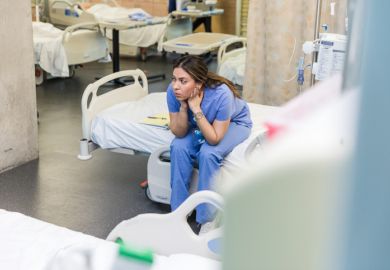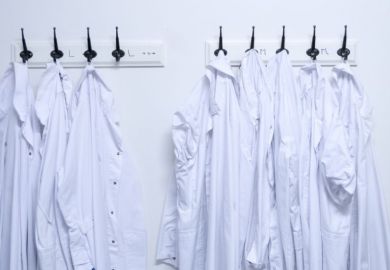You point out that academia could soon be "a largely 'female' profession" but not at the highest levels ("Still second among equals", March).
This is borne out by the example of the UK's medical schools, where women are still strikingly underrepresented in senior professorial posts despite the fact that six out of ten new doctors are female.
As for whether this is the result of "persistent bias", interim findings from a British Medical Association report to be published later this month show that men are more likely to be encouraged to apply for promotion and more likely to know about the processes for promotion.
Naturally, the issue is more complex than this might suggest. Problems such as the long-hours culture at medical schools and the need to balance clinical and academic responsibilities face both male and female academics, but perhaps not equally. If we are to correct the gender imbalance, a raft of measures is necessary, including flexible career structures at all levels, the promotion of female role models and action to increase the diversity of appointment panels.
Anita Holdcroft, Co-chair, Medical Academic Staff Committee, British Medical Association.



